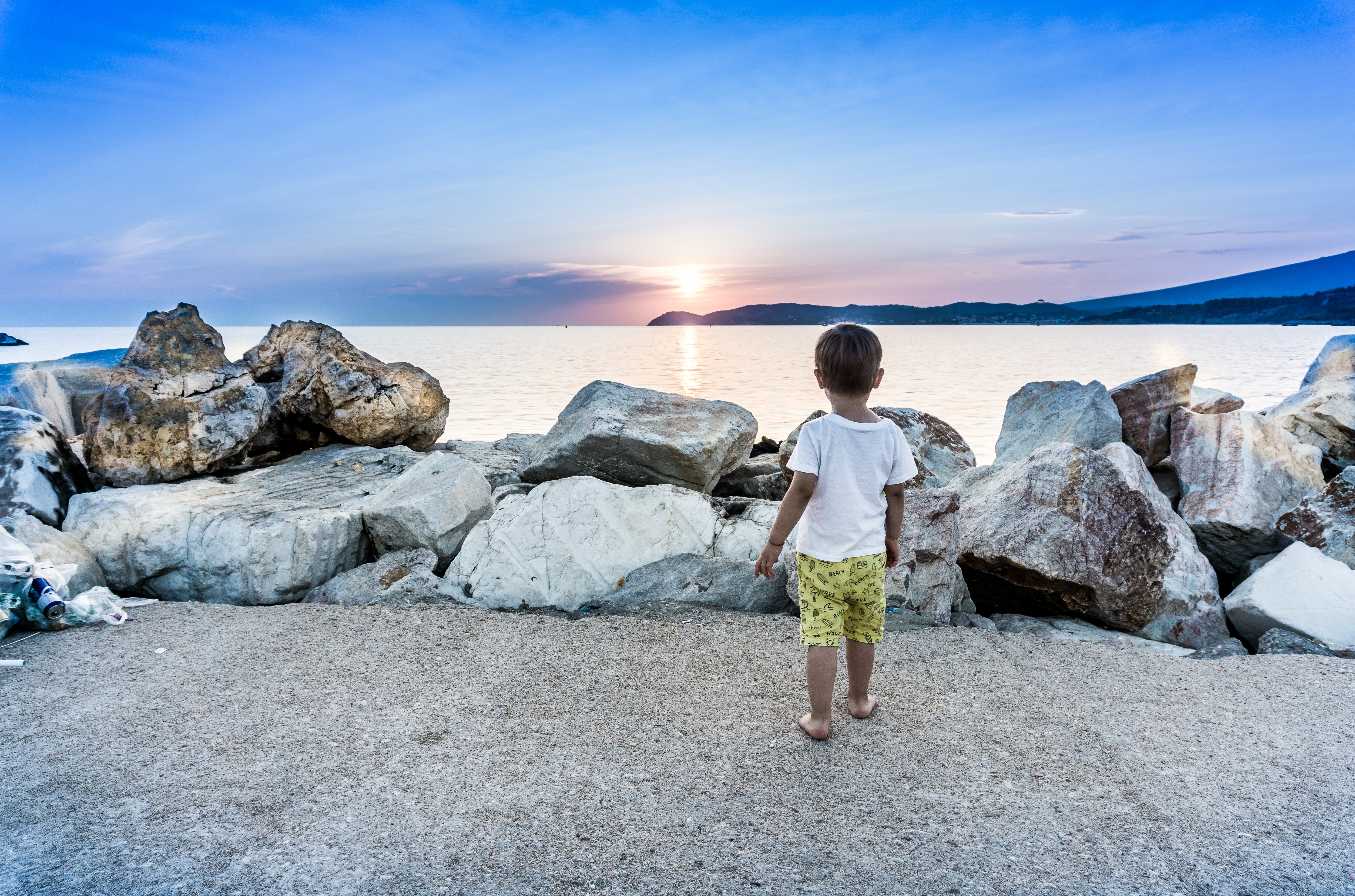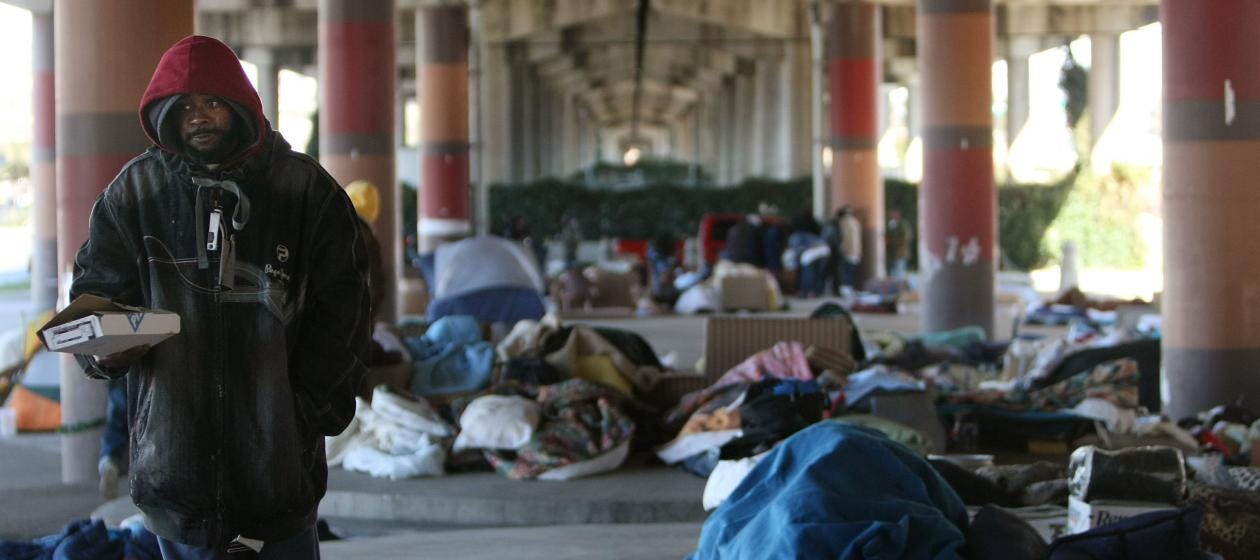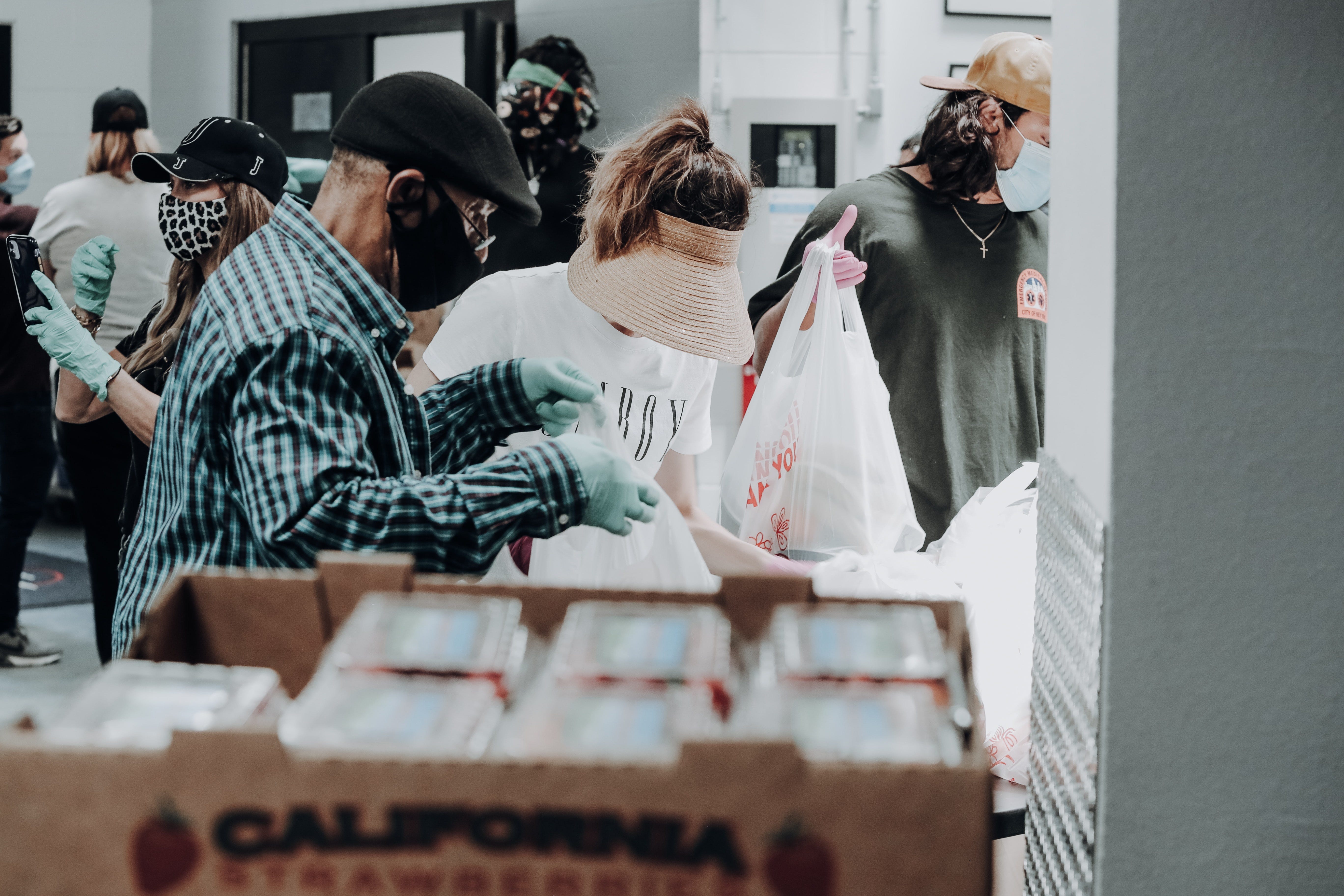
“The lockdown that we have done in the world towards the COVID-19 pandemic is the worst assault on the working class in half a century.” Martin Kulldorff PhD
Since March, we have seen the COVID-19 shutdowns cutting back people’s lives, sinking folks into poverty and desperation. Whether or not these steps are necessary, here are some groups being ground down by these supposed public health measures.
Children
With schools in San Francisco going virtual, we’ve been helping neighbor children with distance learning. (See Zoom School is Like Regular School, Only Worse.) We have observed children cut off from playmates, crying, depressed. We see how their learning and social interaction suffer.
These children had been eating school lunches and, in some cases, breakfasts. That’s gone now; we’re feeding two of them, but what about the others? Some parents have been forced to stay home to care for children who would have been in school. Other parents’ service jobs have disappeared. Either way, people are losing income they need for food and rent.
Playgrounds are still closed where we live, so kids are getting stir-crazy and out of shape. We take them out for walks and bike rides when we can, but they miss those playgrounds for both the exercise and the social interaction.
Old people
Because of age and multiple sclerosis (MS), I now have friends in assisted living residences. I cannot visit my ex-girlfriend Josie; she’s in the old people’s protection program. Nobody can come in the facility, and she can’t leave. Immediate family can arrange a visit in the parking lot. For me, they offered a “window visit.”
A window visit means we would sit on opposite sides of a wall and talk with each other on our cell phones. I have visited people like this, but they were in prison. I’m not traveling an hour for that; it would be worse than not seeing her at all.
Josie says social life within the facility has also shut down. People used to eat in a communal dining room and sometimes had entertainment during dinner. They watched TV together. Now, everybody stays in their room. She’s lonely, but she’s not the only one.
My former MS support group co-leader Shirley now lives in a nursing home. It’s always been boring, but she did have weekly art classes and a twice-monthly poetry group. The residents actually create some nice stuff; Shirley has been exhibited at City Hall.
Now those programs have been stopped. The home is protecting residents from each other and from the staff, but they have made their lives smaller and meaner.
Some of these results are tragic — my neighbor Dolores was 100 years old when her son Robert decided he could no longer handle her care. She had fallen several times and had needed the fire department to get her back up.
Robert found her a really nice assisted living across the Bay. Dolores didn’t want to move from her home of 45 years, but she had no choice, and it seemed to meet her needs. A week later, though, the mayor declared that all senior facilities be locked down. Dolores could have no visitors, except window visits with her son, which were pretty useless because she was too deaf to talk on the phone.
The trauma of separation demented Dolores. She couldn’t understand why she could no longer see her family and friends. She died a few months later, still asking staff why she was there.

Families without income
For those who have forgotten, the USA is not a socialist country, and we’re proud of it. When other countries such as China and New Zealand closed their economies, they guaranteed that people would have food to eat, they would not be evicted, and their jobs would return. In those places, shutdown lasted a month or two, and people are recovering.
The USA hasn’t supported people in that way. They couldn’t, with our leaders’ commitment to neoliberal austerity and people’s focus on individual self-reliance and freedom. More people are becoming homeless, a problem that barely exists in much poorer countries like Iran and Palestine, according to residents of those countries I have talked to.
Housing advocates predict a coming “tsunami of evictions” in the wake of people losing their jobs. Eviction is not a small thing. Homelessness has major impact on physical and psychological health, including early death.
Businesses
We’ve seen longstanding businesses fold, while online stores like Amazon and big chains like Target make billions of dollars. People who have devoted their lives to building up a business have lost the thing that centered their lives and kept them going. Customers are limited to online shopping or Walmart/Costco/Target chains.
Cultural workers
I have some artist friends, people who used to perform in coffee houses, sing in churches, entertain at senior centers, act in shows. Now they’ve lost that work, and who knows when it will come back. Athletes can’t play their sports, and fans have no concerts or games to go to. Do we think culture so unimportant?
Effects on health and safety

Everyone can see the mile-long lines at food banks. New food distribution sites keep opening up in San Francisco, and I hope elsewhere. I hope people keep volunteering at them and donating to them, but they still represent a great increase in poverty.
All of this is impacting health. Some of those who do have food tell us they are getting fat from being stuck inside with nothing to do but eat and watch bad news.
People are becoming more isolated. Religious meetings and political meetings have moved to Zoom, as have many colleges. We’re not just in home detention, we’re in solitary confinement. Aisha says she can see alarming health deterioration in the friends with whom she used to exercise, who are now staying home “to be safe.”
We are not safe, and all the masks and handwashing in the world won’t make us safe. People are getting desperate, and some turn to crime and drugs. We have noticed an increase in property crime and violent crime in our usually safe lower-middle class neighborhood. Is all this really helping people be healthy?
Fear factor
We don’t watch TV at home, but on a visit to our neighbor Linda’s apartment, Aisha saw something scary. Across the bottom of a cable news show, they were running a continuous crawl of numbers, like the stock price tickers you sometimes see on business news. Only, these numbers were reports of COVID cases and deaths, by states, cities, countries. They went on and on.
What possible news value could those numbers have? They’re not even entertaining. The only conceivable purpose is to scare people, and it seems to be working. Linda says she doesn’t want schools to reopen, because she’s afraid of catching COVID from a child.
Fear seems to be the point of the whole shutdown. The pandemic response is the mass production of poverty, a class war in disguise. Not only are workers losing livelihoods and the middle class losing their businesses, but whole countries are being sunk into endless debt, and we’re all too afraid to fight back.
As economies shrink, the International Monetary Fund (IMF) has been giving struggling countries bailout loans. But according to Oxfam International, “76 of 91 IMF loans extended during the Covid-19 pandemic have suggested or demanded spending cuts that would worsen poverty and inequality. The result could be deep cuts to public healthcare and pensions; wage freezes and cuts for workers such as doctors and teachers; and reduced unemployment benefits like sick pay.”
So, for American old people, young people, service workers, cultural workers, and for poor countries, the shutdowns have been a disaster. Maybe not so much in countries like Korea that have less individualistic, better organized societies. I hope maybe COVID can be a stimulus to make the US a more co-operative country.
If we’re not going to do that, we should embrace the laissez-faire approach, encourage sensible precautions, but not keep pretending our halfway shutdown is doing any good. We should definitely start by giving everyone a substantial basic income (UBI) every month and eviction/foreclosure protection. That will at least keep people housed and fed.
— — — — — — — — — — — –
Thanks for reading! Follow me on Twitter, on Facebook or on Medium.com/@davidsperorn. Hire me for freelancing, editing, or tutoring on Linked In.
